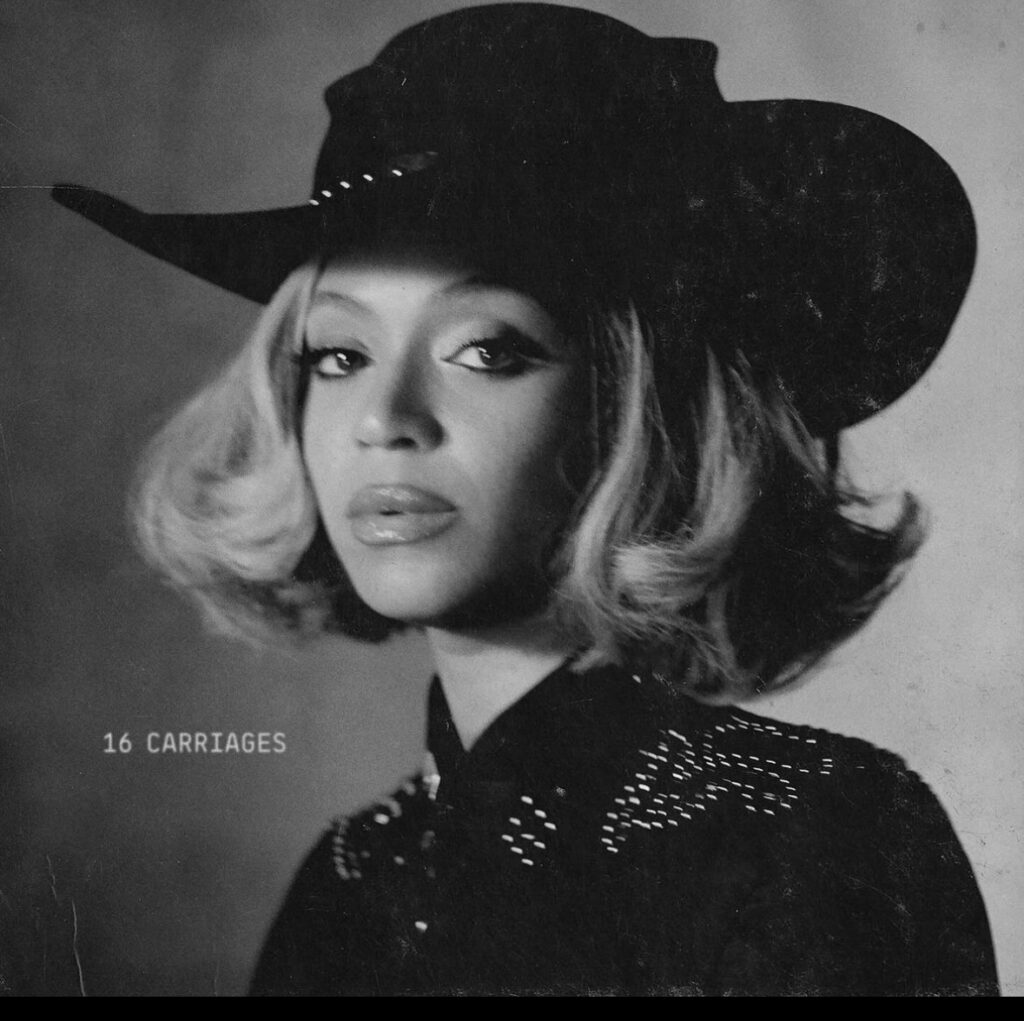
Beyoncé’s country album announcement, made during the Super Bowl earlier this month, marks a pivotal moment of cultural reclamation. Building on her “Renaissance” album’s themes, this move goes beyond showcasing her versatility. It’s a powerful step towards reconnecting with country music’s African-American roots, which have often been overlooked.
Beyoncé is not just honoring the genre’s origins but also aims to bridge the gap between country music and Black audiences, signaling a historic act of cultural celebration and acknowledgment.
Country music’s origins are richly intertwined with African-American musical traditions, from the African-derived banjo to blues rhythms that have profoundly influenced its development. This diversity contrasts sharply with the mainstream portrayal of country music as predominantly white in both artists and audience.
A 2020 Country Music Association report highlighted that approximately 89% of country music listeners are white, pointing to the genre’s racial demographics while also suggesting room for broader audience diversity.
Beyoncé’s exploration into country music has ignited controversy among some listeners. On social media, a section of the country music audience has expressed opposition, arguing that Beyoncé does not belong in this genre.
This backlash reveals deep-seated resistance to change within the traditionalist factions of country. Country singers’ reactions like those from John Schneider have escalated the debate. Schneider unfavorably compared Beyoncé’s move into country music to a dog marking its territory. His comments not only show personal hostility but also invoke racially charged language when comparing Black individuals to an animal.
“They have got to make their mark just like a dog in a dog walk park. You know every dog has to mark every tree so that’s what’s going on here,” Schneider said.
His remarks underscore the obstacles that Black artists encounter in music genres traditionally perceived as white spaces. They also underscore the significance of dismantling these outdated narratives to honor country music’s true, inclusive roots.
Michal Murray, a student at FAMU, shared her feelings on the backlash.
“People will always be mad at Beyoncé because she’s Beyoncé, a Black woman who constantly challenges these narratives,” Murray said.
In her 2022 album “Renaissance,” Beyoncé delves into house music, celebrating its African-American roots and electronic, soulful essence, as recognized by the Smithsonian.
This genre, pivotal to Black culture and originating in 1980s Chicago, is showcased alongside Beyoncé’s tribute to the African-American influence in country music. Highlighting the significance of these genres aligns with her broader mission of cultural recognition. With 20% of BIPOC attendees facing discrimination at country events, her work underscores the importance of diversity in music. The anticipation grows among fans for what musical genres Beyoncé will delve into next, each step of her artistic journey sparking curiosity and excitement.